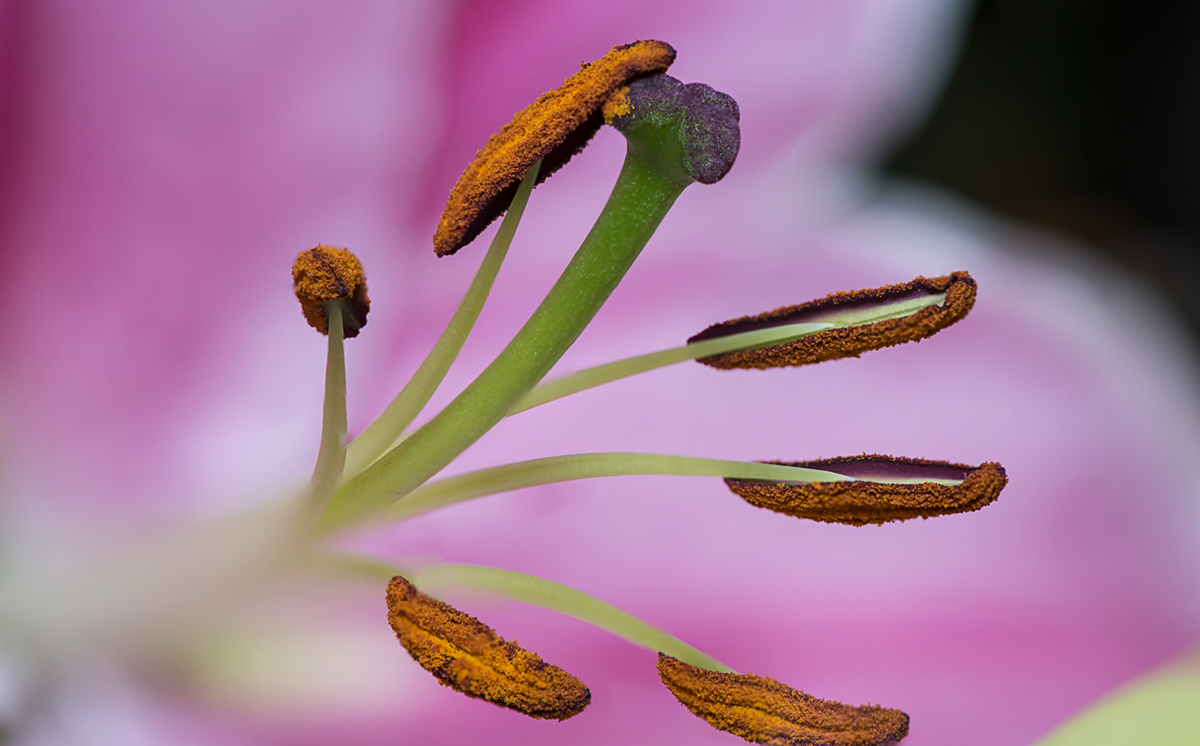
Seasonal allergies are a group of allergies triggered usually in the spring and fall and they refer to pollen allergies. Pollen can come from trees, flowers, shrubs, weeds or grass, basically any type of vegetation that has pollen. Other allergies, like allergy to pets, mold, dust mites and similar, count as perennial allergies.
Symptoms of seasonal allergies can vary from person to person but they usually resemble the symptoms of a common cold, including sneezing, nasal congestion or runny nose, itchy, watery eyes, scratchy throat, dry cough, fatigue, headache and sleep problems.
How to reduce seasonal allergy symptoms
There are many rules that, of observed, can reduce the symptoms of a seasonal allergy. It is not always possible to avoid pollen completely, but reducing the exposure will result in milder allergy symptoms.
It is recommended to check pollen count monitors because on certain days pollen count can be extremely high. During such days, it is recommended to stay indoors, or to drive with closed windows. Spicy foods, perfumes and scented cosmetic products should be avoided. This particularly goes for scented lipsticks and lip balms, which can irritate the nose. Room deodorizers are also to be avoided.
Garden work and outdoor activities like day trips, barbecues, hiking trips and similar should be postponed for days with lower pollen count. When coming back home from outside, clothes should be changed and the hair should be washed.
Iced drinks should be avoided too. It is recommended to have breakfast in bed and to have a cup of warm drink, preferably tea, also in bed.
It is also recommended to clean the house using non-scented and non-irritant products, and to remove the dust from furniture, especially in the bedroom. Air conditioning filters and vents should be changed more frequently during pollen season.
Antihistamines
Antihistamines are the most used medications for seasonal allergies. They block the effects of histamine, which is a chemical responsible for most allergy symptoms, especially nasal ones. They work best if taken before exposure to allergens, because otherwise, by the time their action starts, the histamine has already attached itself to cell receptors. It is recommended to use them on regular basis during allergy seasons. Antihistamines start working 15 to 30 minutes after they are taken and peak in one or two hours. Some of the most effective over-the-counter antihistamines include Chlortrimeton and Claritin, and prescription-only are Clarynex, Zyrtec and Allegra.
Nasal sprays
Cortisone nasal sprays aim to reduce inflammation that occurs as a reaction to allergens. They can be very effective if used properly. They should be sprayed aiming between the eyes and the head should then be slightly tilted forward to prevent the solution from going into the throat. It is recommended to use a saline solution to irrigate the excess mucus in the nose so the spray can work better. Most of cortisone nasal sprays are prescription-only.
There are also non-steroid nasal sprays like Afrin or Astelin, which is basically an antihistamine in form of a spray.


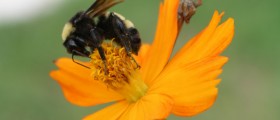


_f_280x120.jpg)



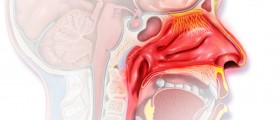
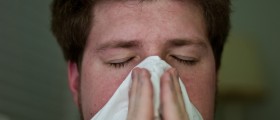
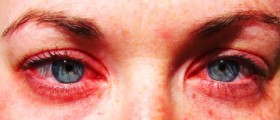
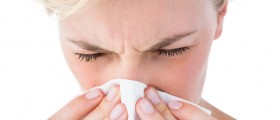


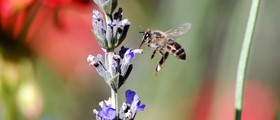

Your thoughts on this
Loading...